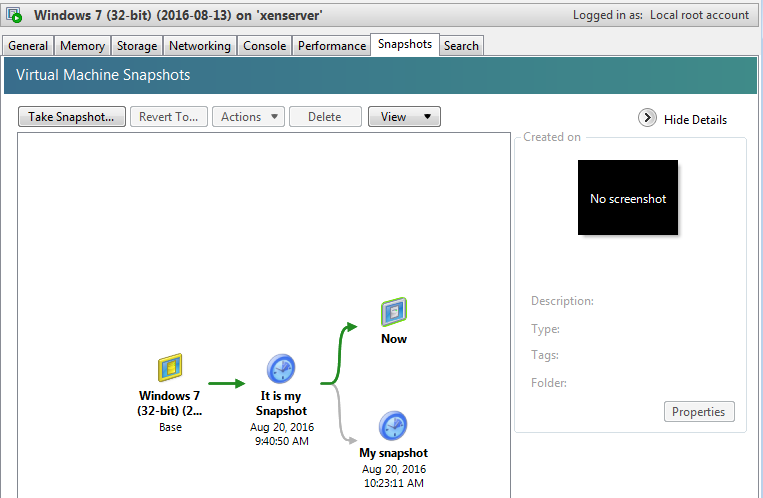@MajorP93 Amount of logging is directly proportional to the number of hosts, VMs, SRs and clients (Xen Orchestra, XCP-ng Center...). If you have a lot of those, it's rather normal to have huge logs.
Now, 5 hosts and 2 SRs does not seem to be much so I wouldn't expect you to have problems with huge logs. There could be something going on there. Try restarting your hosts to clear any stuck processes and internal tasks that could potentially spam the logs.
We started having problems with /var/log size when we got in a range of 15+ hosts, 10+ SRs and 1000+ VMs per pool. Unfortunately, log partition cannot be expanded as it is at the end of the disk, followed only by the swap. The workaround we did is to patch the installer to create a large 8GB log partition instead of standard 4GB. Of course, we had to reinstall all of our hosts.

 . It would save a number of folks having to have a Windows VM on stand by just for the XCP-ng Center. Oh boy, how he was disappointed when I showed him everything that does not work
. It would save a number of folks having to have a Windows VM on stand by just for the XCP-ng Center. Oh boy, how he was disappointed when I showed him everything that does not work  ... but with this, there is still hope.
... but with this, there is still hope. . Following AI instructions without understanding is not going to take you far.
. Following AI instructions without understanding is not going to take you far.

